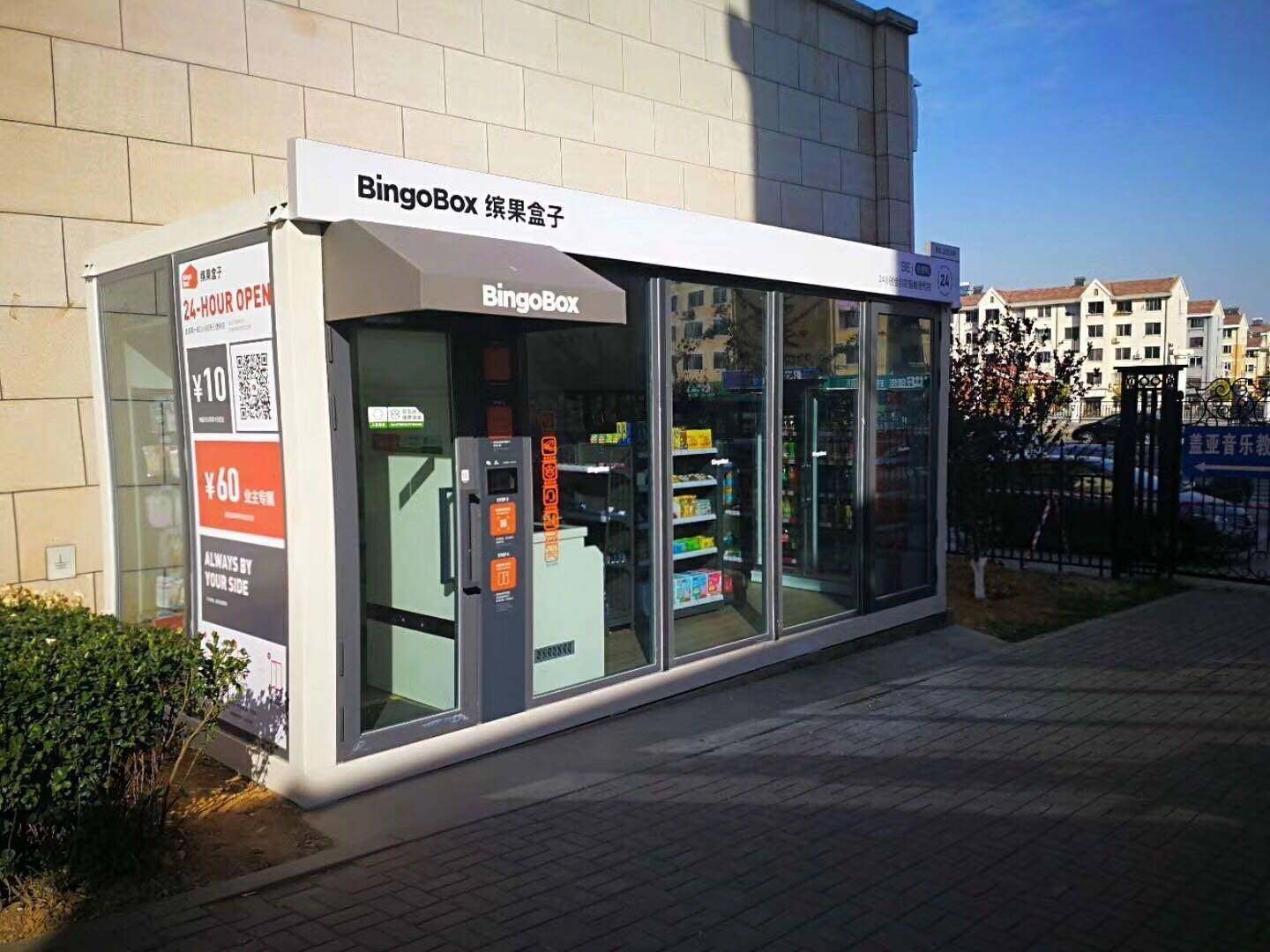Email format error
Email cannot be empty
Email already exists
6-20 characters(letters plus numbers only)
The password is inconsistent
Email format error
Email cannot be empty
Email does not exist
6-20 characters(letters plus numbers only)
The password is inconsistent


The ready-made container housing industry is at the forefront of innovation, reshaping the way we perceive and construct homes. As urbanization intensifies and environmental concerns escalate, the demand for sustainable and efficient housing solutions continues to grow. Predicting future trends in this dynamic industry is crucial for staying ahead of the curve and meeting evolving consumer needs.
In the coming years, technology will play a pivotal role in transforming the landscape of ready-made container housing. One of the most notable trends is the integration of smart home technology. Imagine a home where you can control lighting, temperature, and security systems remotely through your smartphone. This level of convenience not only enhances the living experience but also improves energy efficiency, reducing overall consumption.
Additionally, 3D printing is revolutionizing the construction process, offering rapid and cost-effective solutions. With this technology, entire homes can be printed in a matter of days, significantly reducing construction time and labor costs. Furthermore, 3D printing allows for intricate customization, empowering homeowners to design spaces that reflect their unique tastes and preferences.
The future of ready-made container housing will witness a shift towards sustainable building materials. From recycled steel to reclaimed wood, builders are increasingly embracing eco-friendly alternatives that minimize environmental impact. Moreover, advancements in insulation materials, such as aerogels and phase-change materials, promise superior thermal performance, ensuring comfortable living spaces year-round.
Furthermore, biophilic design principles are gaining traction, emphasizing the connection between humans and nature. By integrating natural elements like greenery and natural light into living spaces, biophilic design enhances well-being and promotes a sense of harmony with the environment.
Flexible and modular designs are poised to dominate the ready-made container housing market in the future. These designs offer adaptability and versatility, allowing homeowners to easily reconfigure spaces to suit their changing needs. Multi-functional furniture and layouts maximize space efficiency, catering to the growing trend of minimalist living.
Moreover, biophilic design principles are gaining traction, emphasizing the connection between humans and nature. By integrating natural elements like greenery and natural light into living spaces, biophilic design enhances well-being and promotes a sense of harmony with the environment.
As the world shifts towards renewable energy sources, ready-made container houses are embracing sustainable solutions such as solar power. Solar panels and energy storage systems are becoming increasingly affordable and efficient, enabling homeowners to generate their own clean energy and reduce reliance on the grid.
Additionally, innovative wind turbine designs and microhydro systems offer alternative sources of renewable energy, further enhancing the self-sufficiency of container homes. By harnessing the power of nature, these homes can operate off-grid, providing greater resilience in the face of energy disruptions.
Despite the promising future of ready-made container housing, several challenges must be addressed. Regulatory and legal considerations, such as building codes and zoning regulations, can pose barriers to innovation and expansion. However, proactive engagement with policymakers and stakeholders can help streamline the permitting process and promote the adoption of alternative construction methods.
Moreover, the market growth potential for ready-made container housing is substantial, driven by increasing demand for sustainable housing solutions. Industry players have a unique opportunity to capitalize on this growing trend by diversifying their offerings and targeting emerging markets.
In conclusion, the future of ready-made container housing is bright and full of possibilities. By embracing advancements in technology, materials, and design concepts, the industry is poised to revolutionize the way we live and build homes. From smart homes to sustainable materials, the possibilities are endless. As we look ahead, it is essential to remain adaptable and innovative, ensuring that ready-made container housing continues to meet the evolving needs of homeowners and communities around the world.